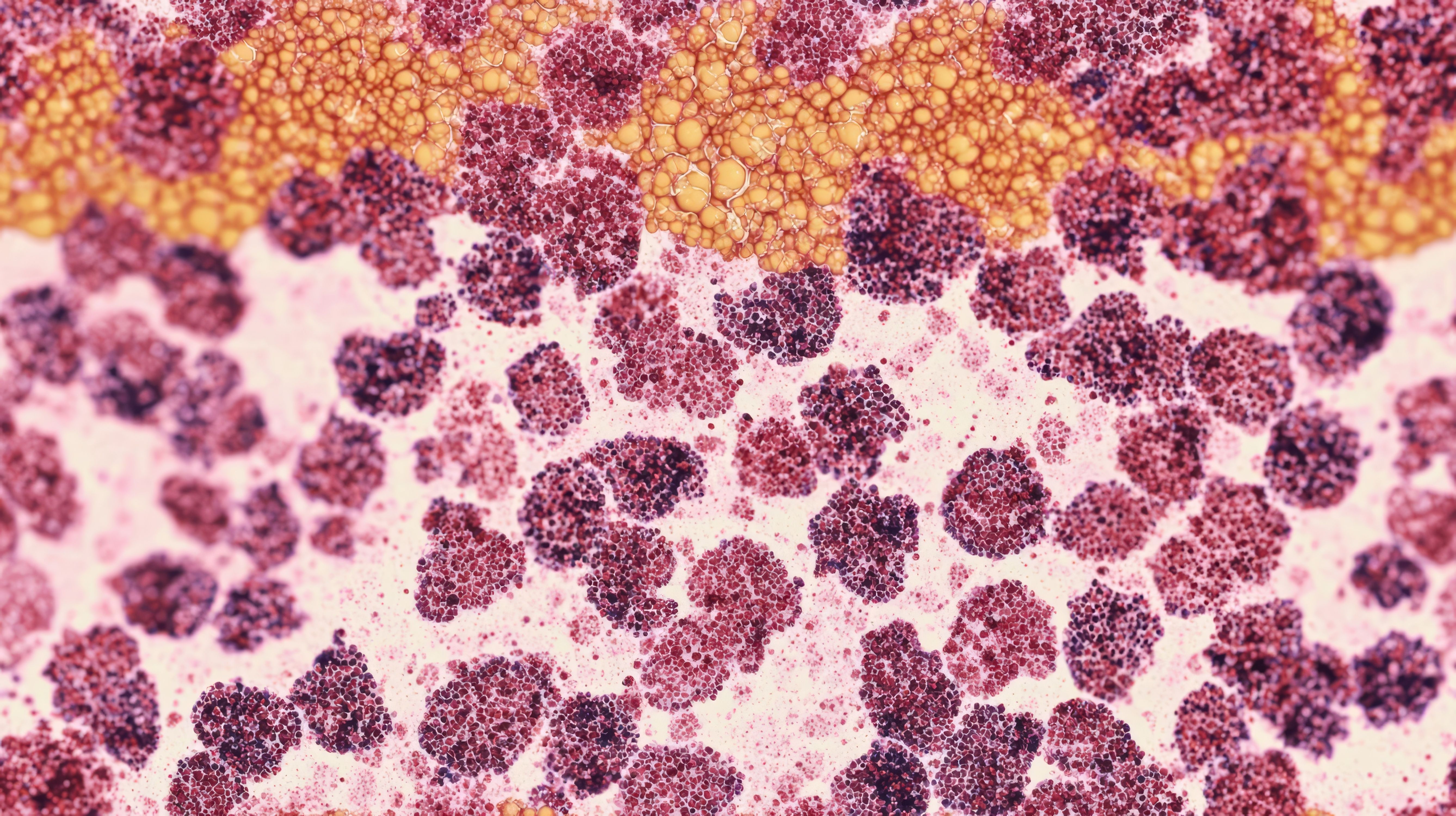Article
FDA OKs Fedratinib for Certain Types of Myelofibrosis
The approval of fedratinib (Inrebic, Celgene) provides another treatment option for patients with myelofibrosis, a rare bone marrow disorder.
Officials with the FDA have approved fedratinib (Inrebic, Celgene) for the treatment of adults with intermediate-2 or high-risk primary or secondary (post-polycythemia vera or post-essential thrombocytopenia) myelofibrosis, a rare bone marrow cancer, according to a press release.
In myelofibrosis, bone marrow is gradually replaced with fibrous scar tissue, limiting the ability of the bone marrow to produce blood cells. Symptoms can include anemia, weakness, fatigue, and enlargement of the spleen and liver, according to Celgene. Secondary myelofibrosis occurs when there is excessive blood cell production (polycythemia vera) or excessive platelet production (essential thrombocytopenia) that evolves into myelofibrosis.
Fedratinib is an oral Janus Associated Kinase 2 (JAK2)-selective inhibitor. Abnormal activation of JAK2 is associated with myeloproliferative neoplasms, including myelofibrosis and polycythemia vera.
“Myelofibrosis can cause patients to suffer in many ways, including experiencing debilitating symptoms,” Ruben Mesa, MD, FACP, director of the Mays Cancer Center at UT Health San Antonio Cancer Center MD Anderson, said in a statement. “There has not been a new treatment approved for this disease in nearly a decade. With Inrebic, physicians and patients now have another option available for myelofibrosis.”
The approval is based on results the JAKARTA study, which included 289 patients with myelofibrosis who received 2 different doses (400 mg or 500 mg daily by mouth) of fedratinib or placebo.
The JAKARTA study evaluated the efficacy of once-daily oral doses of fedratinib compared with placebo in patients who were previously untreated with a JAK inhibitor, had enlarged spleens, and had a platelet count of ≥50 x 109/L (median baseline platelet count was 214 x 109/L; 16%<100 x 109/L and 84% ≥100 x 109/L).
According to the results:
- Spleen volume was reduced by 35% or greater, when assessed from baseline to the end of cycle 6 (week 24), with a 4-week follow-up scan, in 37% (35 of 96) of patients treated with fedratinib 400 mg versus 1% of patients who received a placebo.
- Fedratinib improved the Total Symptom Score as measured by the modified Myelofibrosis Symptoms Assessment Form (MFSAF) v2.0 diary (night sweats, itching, abdominal discomfort, early satiety, pain under ribs on left side, bone or muscle pain) by 50% or greater when assessed from baseline to the end of cycle 6 in 40% of patients treated with 400 mg, versus 9% of patients who received a placebo.
Common adverse effects for patients taking fedratinib include diarrhea, nausea, vomiting, fatigue, and muscle spasms. The most common serious adverse reactions that occurred in the study were cardiac failure (5%) and anemia (2%), with fatal adverse reactions of cardiogenic shock occurring in 1% of patients. Dosage interruptions due to adverse events during the study period occurred in 21% of patients.
Additionally, the FDA is requiring a Boxed Warning label for fedratinib for serious and fatal encephalopathy, including Wernicke’s, according to the press release. The FDA advises against fedratinib’s use in patients with thiamine deficiency prior to initiation.
References
US FDA Approves INREBIC (Fedratinib) as First New Treatment in Nearly a Decade for Patients With Myelofibrosis [news release]. Celgene. https://ir.celgene.com/press-releases/press-release-details/2019/US-FDA-Approves-INREBIC-Fedratinib-as-First-New-Treatment-in-Nearly-a-Decade-for-Patients-With-Myelofibrosis/default.aspx. Accessed August 16, 2019.
FDA approves treatment for patients with rare bone marrow disorder [news release]. FDA. https://www.fda.gov/news-events/press-announcements/fda-approves-treatment-patients-rare-bone-marrow-disorder. Accessed August 16, 2019.
Newsletter
Stay informed on drug updates, treatment guidelines, and pharmacy practice trends—subscribe to Pharmacy Times for weekly clinical insights.






